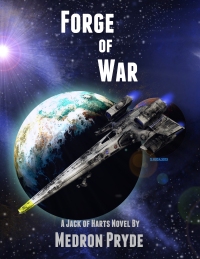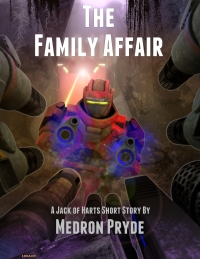The Convention of States
The Convention of States convened in the middle of the Second Great Depression to judge the United States of America’s Federal government on charges of facilitating the death and destruction caused in so many American cities. The first major complication they ran into was that many States had sent more than one delegation. Many of the State capitols had fallen to the rioters and looters that plagued the larger cities, and so those State delegations came from wherever the working government had regrouped in. But many of the occupiers sent their own delegations, often fronted by members of the State government who supported them. They declared that only they were the rightful government of their States and demanded the removal of the other delegations from the convention. After long arguments over the merits of each delegation, the convention conducted a simple majority vote concerning which delegations to accept. This was not popular amongst those who lost, and they loudly denounced the convention as hopelessly partisan and corrupt on every major remaining network. The President quickly addressed those “grave concerns” by ordering the convention to stand down until “the contested delegations could be investigated by the proper authorities.” When the convention refused his order, he declared that they lacked any standing to enforce “any and all fraudulent resolutions it may show the extreme lack of good judgment to pass.”
 The Martian Affair on Amazon
The Martian Affair on Amazon Forge of War on Amazon
Forge of War on Amazon The Audacious Affair on Amazon
The Audacious Affair on Amazon Angel Flight on Amazon
Angel Flight on Amazon Angel Strike on Amazon
Angel Strike on Amazon Angel War on Amazon
Angel War on Amazon The Family Affair on Amazon
The Family Affair on Amazon The Thunderbird Affair on Amazon
The Thunderbird Affair on Amazon Wolfenheim Rising on Amazon
Wolfenheim Rising on Amazon Wolfenheim Emergent on Amazon
Wolfenheim Emergent on Amazon The Gemini Affair on Amazon
The Gemini Affair on Amazon
Discussion ¬